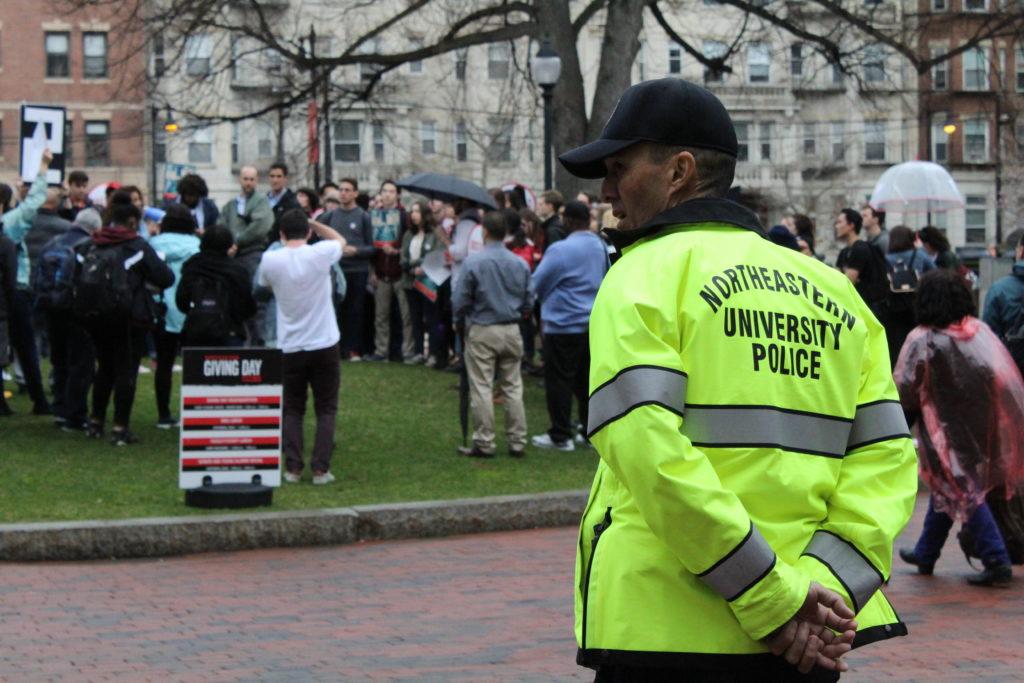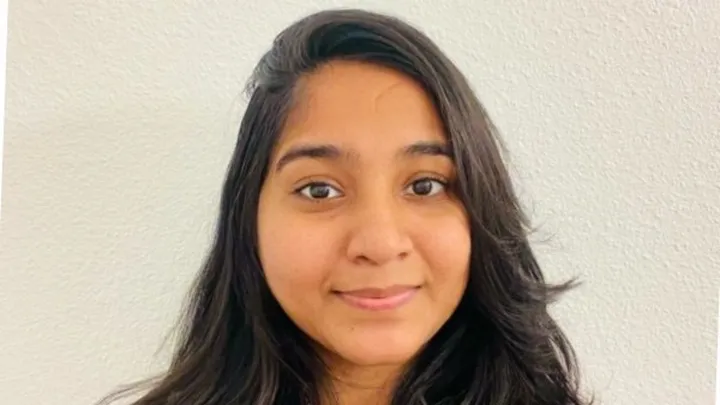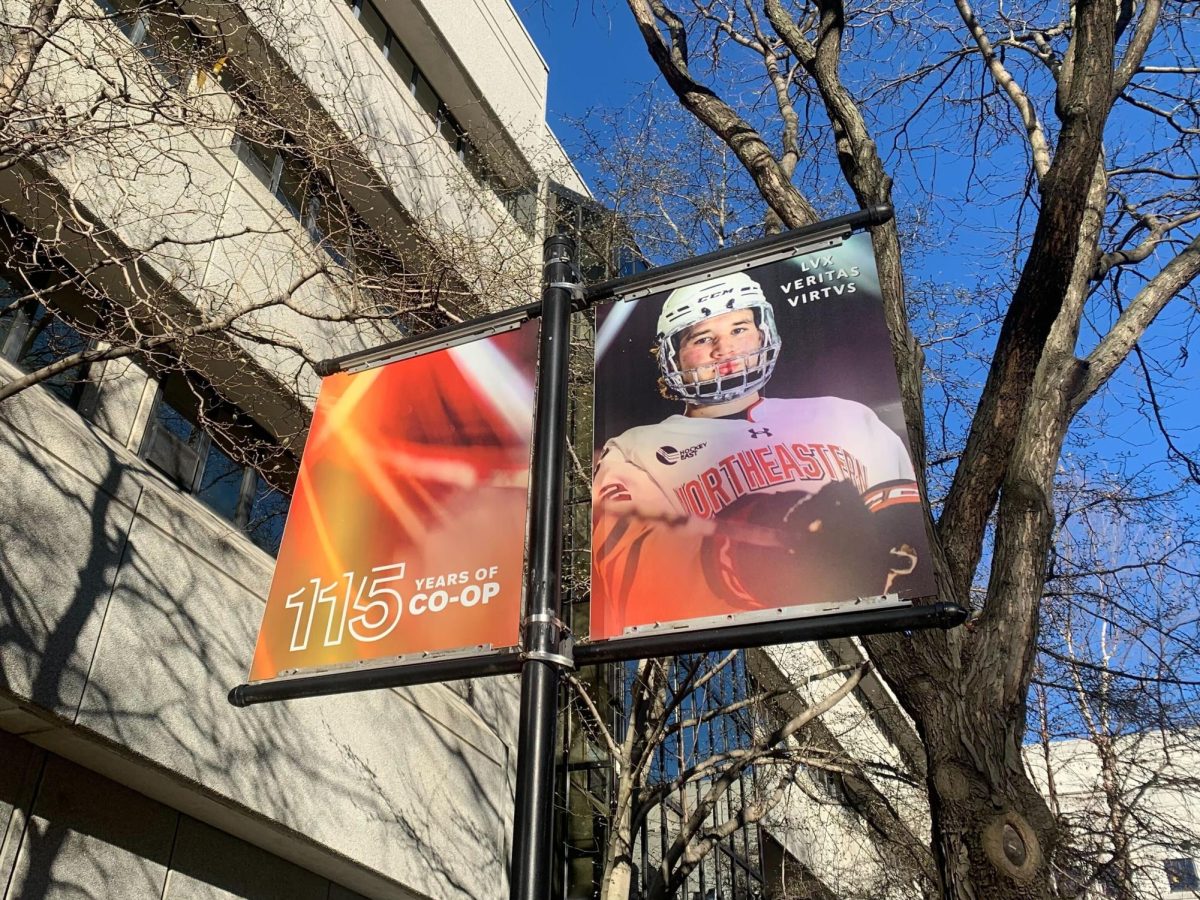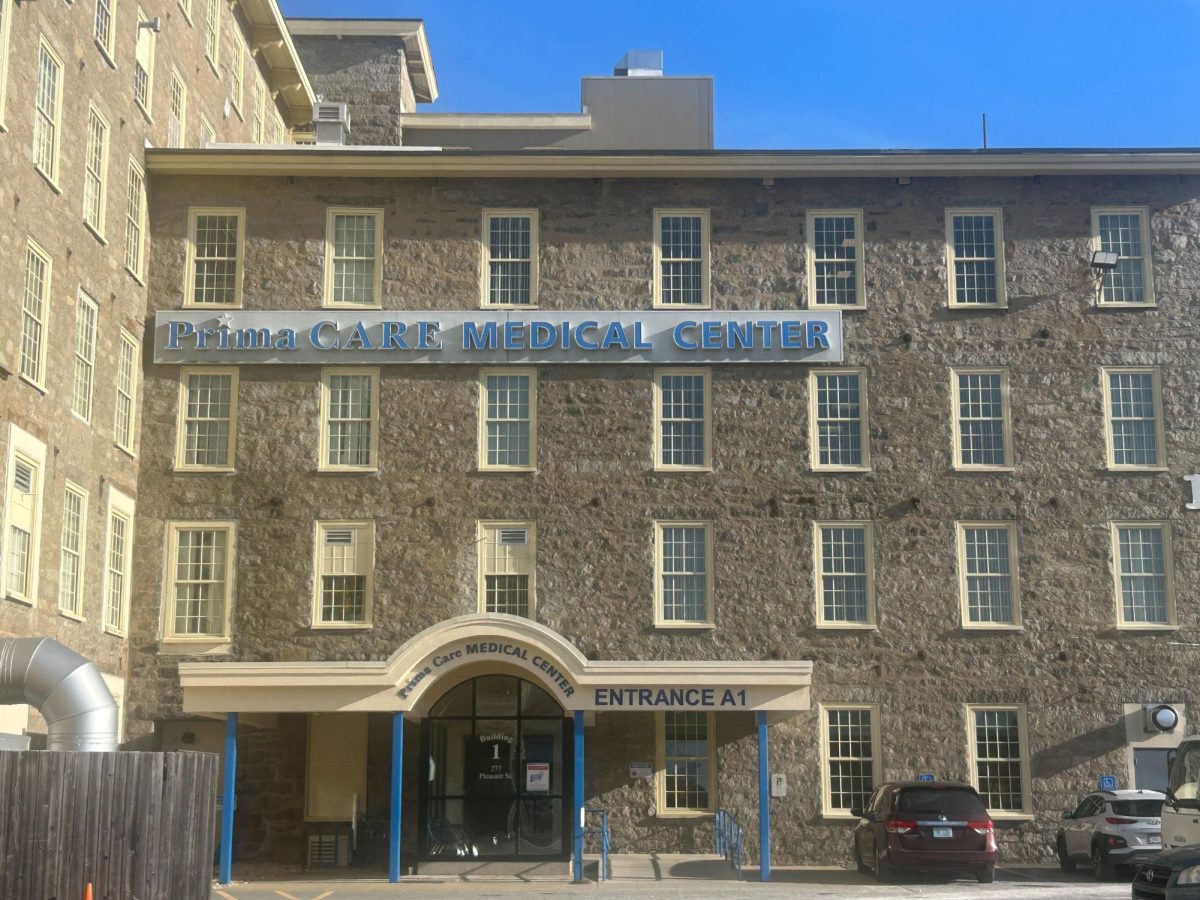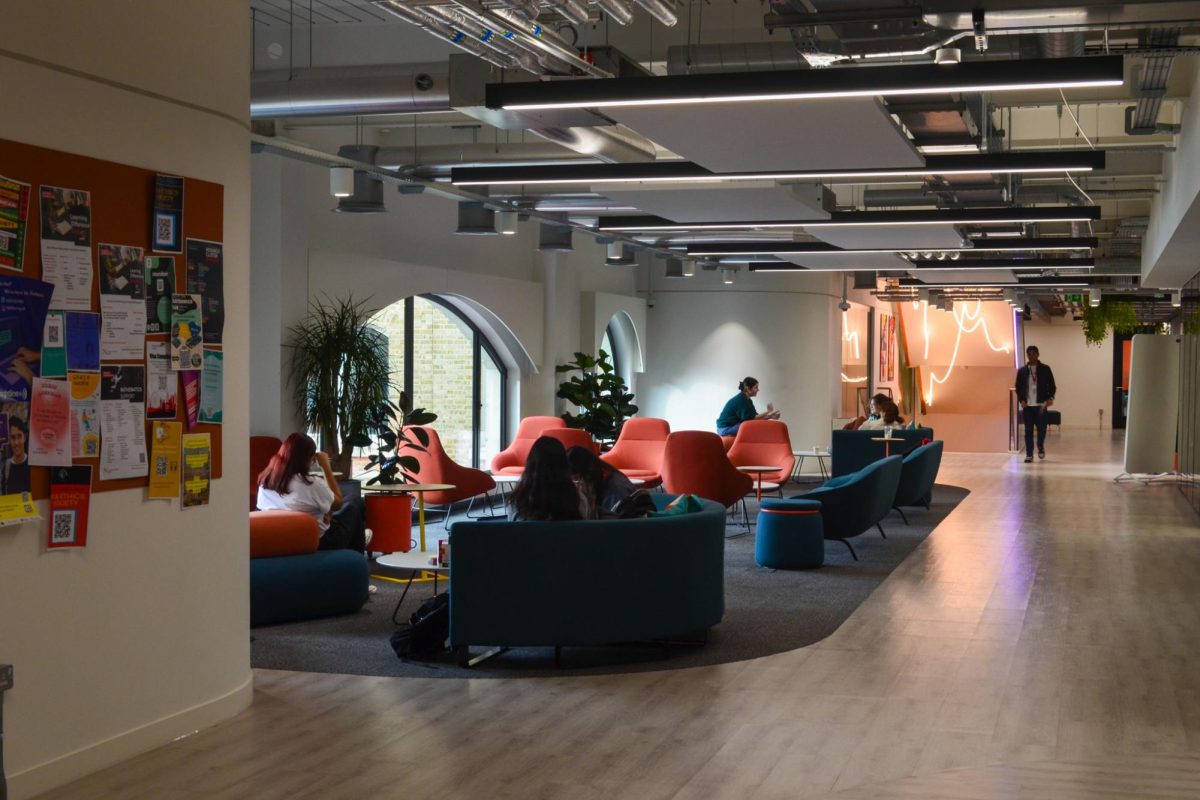By Irvin Zhang, news staff
From Yawkey Way to the warning track beside the Green Monster, 3,000 runners follow a route to Fenway Park’s home base during their annual Run to Home Base fundraiser in July. When the runners cross home plate, General Jack Hammond said it is more than just a run: It is a symbol for Home Base, an organization that aims to help veterans readjust to civilian life.
Northeastern has played a role in fundraising for the Home Base program, a partnership of the Red Sox Foundation and Massachusetts General Hospital, through participation in the program’s events, including Run to Home Base. The 5 or 9 kilometer run is Home Base’s signature event that raises approximately $1.5 million dollars annually for veterans and their families, said Hammond, the executive director of Home Base.
“The Huskies have played a crucial role in the fundraising for this,” Hammond said. “They’re in the mix every year for the top fundraising team.”
Most recently, in November 2016, the Northeastern University Police Department (NUPD) raised more than $2,000 participating in Home Base’s No-Shave November, a fundraiser where officers pledged $100 before growing out their beards for the month.
The fundraiser raised nearly $50,000 across 21 participating cities.
“All of us, like many Americans, are concerned about the plight of veterans,” NUPD Staff Sergeant John Farrell said. “We saw that the Home Base program does good work for veterans and helps them with the literal scars and those that exist mentally like PTSD. We thought it was a great cause.”
This was the first year that NUPD participated in the Home Base fundraiser. Farrell was one of the 17 officers who participated.
NUPD was awarded a plaque for its fundraising efforts along with help to remove their newly grown hair.
“Home Base was there and they provided us with barbers who shaved the beards off of people,” Farrell said. “We did a good thing to help people, and I told them they could count on us to participate every year.”
Founded in 2009, the Home Base program now raises $11 million annually to provide care for 1,100 veterans and their families.
“Home Base operates the largest private sector clinic that is solely focused on healing the invisible wounds of war for our returning veterans,” Hammond said. “We provide care for post-traumatic stress disorder, traumatic brain injuries and any other mental health injuries associated with combat and deployment.”
Northeastern is also involved in the Warrior Heath and Fitness program, which helps veterans who need assistance outside of clinical care. Home Base launched the six-month program in Boston in the summer of 2016 to provide veterans with the exercises and information they need to get back in shape and live healthier lifestyles.
Warrior Health and Fitness Program Coordinator Ryan Vanderweit said Northeastern has been a huge helping hand to the success of this program.
“Northeastern works around us a lot,” Vanderweit said. “They let us use the Marino Center and the SquashBusters Center. They have been instrumental in the success of this program. They offer just about anything in the realm of reason for us.”
The program is meant to accommodate any veteran regardless of physical injuries they might have suffered while serving, Vanderweit said.
Vanderweit designs and creates the workouts from his personal experience in the fitness industry. Through the six months, veterans go through five phases of workouts before putting it all together. Afterward, the program leaders check up on the graduates to see how they are keeping up.
“After you graduate from six months, we don’t just kick you out the door and say good luck,” Vanderweit said. “We move them into alumni status and they’re allowed to attend events. We try to check in with them and see if they’re still keeping up.”
Hammond said support from Northeastern and other institutions in the Boston area is important to the Home Base program’s efforts because it is the responsibility of the community to help veterans with their transitions.
“The challenge that we have now in the 21st century is that only half of 1 percent serve in our military now, so when that half of 1 percent gets poured out back into 99.5 percent of our country, it dissipates so quickly they often get lost,” Hammond said. “There really isn’t a concerted effect as a community to welcome them home and transition them from combat to civilian life.”


